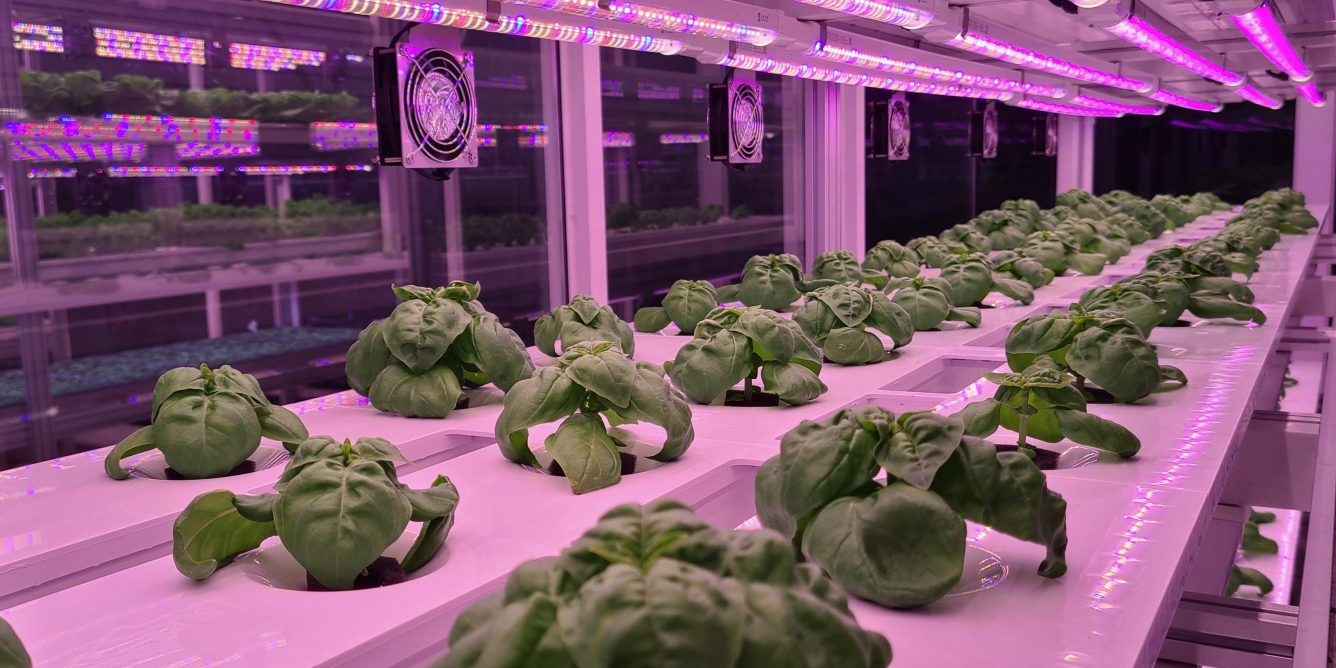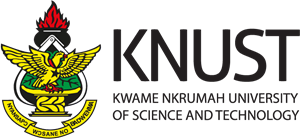
Leadership, logistics and health in the local leafy green supply chain
Context
We must ensure our food supply chains are fit for the future. This means ensuring that the supply chains are healthy in the widest possible sense. Consumers need accessible, nutritious and safe foods. Businesses should each receive a fair share of profits. Our environment needs to be protected and enhanced. By looking at leadership, logistics and health in our supply chains we are seeking paths towards sustainable, resilient and secure food for our communities. Our research focuses on the local production of leafy greens that are common to Ghana and the UK to look at how each can be improved and how we can learn from each other.
Aims and Objectives
Our project focus is "Leadership, logistics and health in the local leafy green supply chain: policy imperatives from Ghana and UK practice".
Objectives:
- Synthesize comparative map of the local initiatives for leafy green food system transformation
- Collect data from prominent food system stakeholders in each food system
- Identify commonalities, origins of knowledge, enablers and barriers
- Draft and submit a paper on food system stakeholder influence on sustainable policy and practice
- Consolidate paper into practice report for stakeholders, YESI, FixOurFood, etc plus YESI case study (After project) Use paper and new relationships as the basis for collaborative research proposal Knowledge and partnership opportunity.
The Yorkshire (UK) and Kumasi (Ghana) local food systems exemplar emergent activities are the seeds of future mainstream systems that can mutually benefit the other. The researchers share interests in food building on prior N8 AgriFood institutional collaborations. The research process and outputs are valued; with varied career stage, discipline, etc we will learn from one another.
Prof Peter Ball (School for Business and Society, SBS)
My research focuses on best practice models and performance evaluation of operations and supply chains. The research has been driven by business and societal challenges and typically involves collaborating with a wide range of disciplines to resolve 'wicked problems'.
Dr Ulrike Ehgartner (SBS)
I'm interested in sustainability, consumption and transformational change with a focus on questions related to environmental issues, social inequality, agency and behaviour change. My work focuses on the interplay between discourses, imaginaries and practices using my methodological expertise is in critical discourse analysis and my passion for productive and transdisciplinary forms of research.
Dr Ariadne Kapetanaki (SBS)
My research focuses on ethical and sustainable consumption; food policies that effectively prevent and tackle nutrition-related non-communicable diseases; social marketing initiatives for behaviour and social change in relation to healthy eating and alcohol consumption; upstream social marketing and critical marketing.
Dr Alana Kluczkovski (Biology)
Exploring the benefits of controlled environment agriculture, I carry out research into our vertical farm’s environmental and social impacts. I investigate how to best use vertical farms as business models that prioritise social and environmental benefits (not just profit) and how they can be encouraged in the food system. I'm also engaged with communities, local businesses and schools, helping them to understand how to transform food systems in a more equitable, healthy and sustainable way.
Dr Emelia Darko Adzimah, Procurement and Supply Chain Management Department, Kumasi Technical University
Bio: I'm a dedicated Senior Lecturer with 13 years of experience providing instruction to upper-level college students in Procurement and Supply chain Management. Supported students with career field information and academic preparation. I wish to obtain a position in a challenging organization which provides a learning environment that leads to the development of exceptional operational and managerial skills as well with an organization that empowers its staff to translate their talents and experiences into achieving organizational objectives.
Dr Meshach Awuah-Gyawu, Procurement and Supply Chain Management Department, Kumasi Technical University
Bio: I am a very committed Lecturer at the Faculty of Business (Procurement and Supply Chain Management Department) at Kumasi Technical University. I have 13 years of experience in teaching diverse courses in the supply chain domain. I have deep knowledge of data analysis, particularly in quantitative analysis using structural equation modelling. I am very enthusiastic in undertaking research related to sustainability issues especially in the context of developing economies to help identify and deal with the overwhelming social, environmental and economic challenges confronting developing countries.
Dr Isaac Ofosu, Department of Food Science and Technology, KNUST
Bio: Dedicated Associate Professor of Food Systems Chemistry, Toxicology and Risks at Kwame Nkrumah University of Science and Technology with over 10 years of teaching and research experience. Expert in Food Chemistry, Food Toxicology, Risk Assessment, And Scientific Communication. Conducted 17 research projects on food contaminants and their health risks, resulting in 17 publications in reputable journals.
